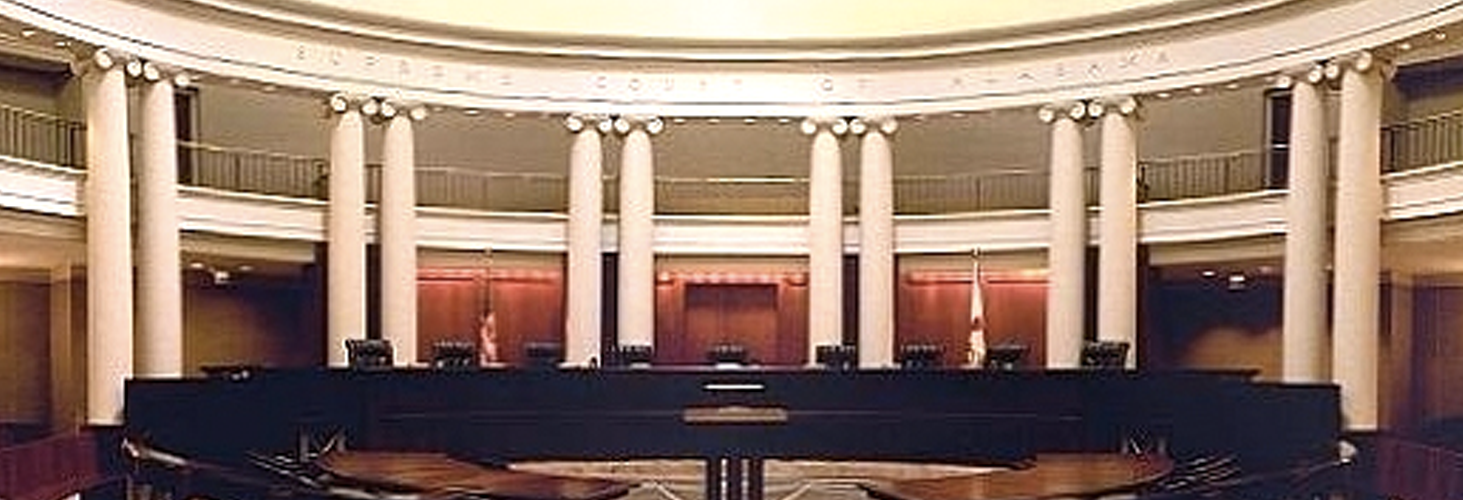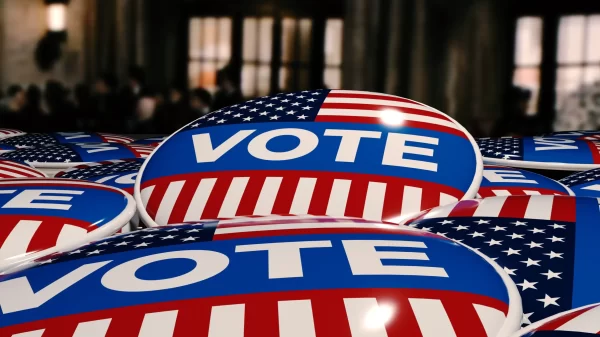By Maggie Ford
On January 6, 2016, Chief Justice Roy Moore issued a factual and legal Administrative Order. Since then, we have seen the Judicial Inquiry Commission (JIC) file charges against him because of it.
They also shared confidential information with The Montgomery Advertiser and The New York Times, and displayed a conflict of interest by using $75,000 of taxpayer money to hire the formal legal director of the Southern Poverty Law Center – the organization that filed the original complaints – as their prosecuting attorney (despite the one they already had).
They violated their own rules by:
a) Failing to notify the Chief Justice of certain charges brought against him
b) Filing a charge without a certified complaint.
What’s worse, they do not have statutory jurisdiction over Administrative Orders.
We also watched the Court of the Judiciary (COJ) ignore this travesty, hold a trial, find Moore guilty of all six bogus charges, and finally overstep their authority by suspending him without pay for the remainder of his term – in effect, removing him without the unanimous vote required to legally do so. The citizens of this State who elected Roy Moore twice have had their will thwarted by the appointed members of the JIC and COJ – both acting outside their authority. Citizens have no recourse and are wondering where these unaccountable bodies came from.
In 1973, this State had a history of corrupt judicial appointments, “backed-up dockets,” racial injustice and judges practicing “law” with no license. Alabama needed change. Within fifteen minutes of the 1973 Session’s close, Amendment 328 passed after the House suspended rules and brought it up for a vote. With its passage, our entire judicial system was revamped. A unified system of circuit and district courts with limited jurisdiction was established. All judges except probates were required to be licensed to practice law. A judicial code of conduct was adopted and the Administrative Office of the Courts was created. The goal was “constitutional reform” ensuring that law ruled in Alabama – not politically motivated, appointed “judges.”
Lost in the fine print of Amendment 328 was the establishment of the JIC and COJ, which gave citizens a new way to lodge ethical complaints against judges, bypassing the legislature – a reasonable idea.
However, the idea was based on the impossible assumptions that the members of the JIC and COJ would never need complaints lodged against them, would never act unethically or break their own rules and would never be appointed by people who were driven by personal agendas.
These assumptions do not work in politics. Yet, to these groups fell the responsibility of investigating, censoring or removing any judge who violates the Canons of Judicial Ethics, abuses his office or fails to perform his duties.
In most states, this responsibility rests solely with legislators who represent the will of the people – not with appointed members, who represent either the will of whoever appointed them or their own interests, while using half a million taxpayer dollars to do it. Lord Acton stated a century ago, “Power tends to corrupt, and absolute power corrupts absolutely.”
Ironically, the “judicial reform” of 1973, which sought to prevent judges from putting themselves above the law, created the JIC and the COJ, now poster children for that very problem.
Regardless of what you think about Chief Justice Moore, his case reminds us why unaccountable bodies policing the judiciary were never consistent with Alabama’s quest to preserve the integrity of the judiciary and a balanced government of the people. It’s time for a new judicial reform.
Sen. Dick Brewbaker of Montgomery has introduced a bill to abolish both the Judicial Inquiry Commission and the Court of the Judiciary. If passed into law, SB11 will return judicial censorship to the sole jurisdiction of the Legislature – a body accountable to Alabama voters.
Even if it means suspending the rules and bringing it up for a vote within fifteen minutes of session’s close, the JIC and COJ must go.
Maggie Ford writes from Montgomery.





















































